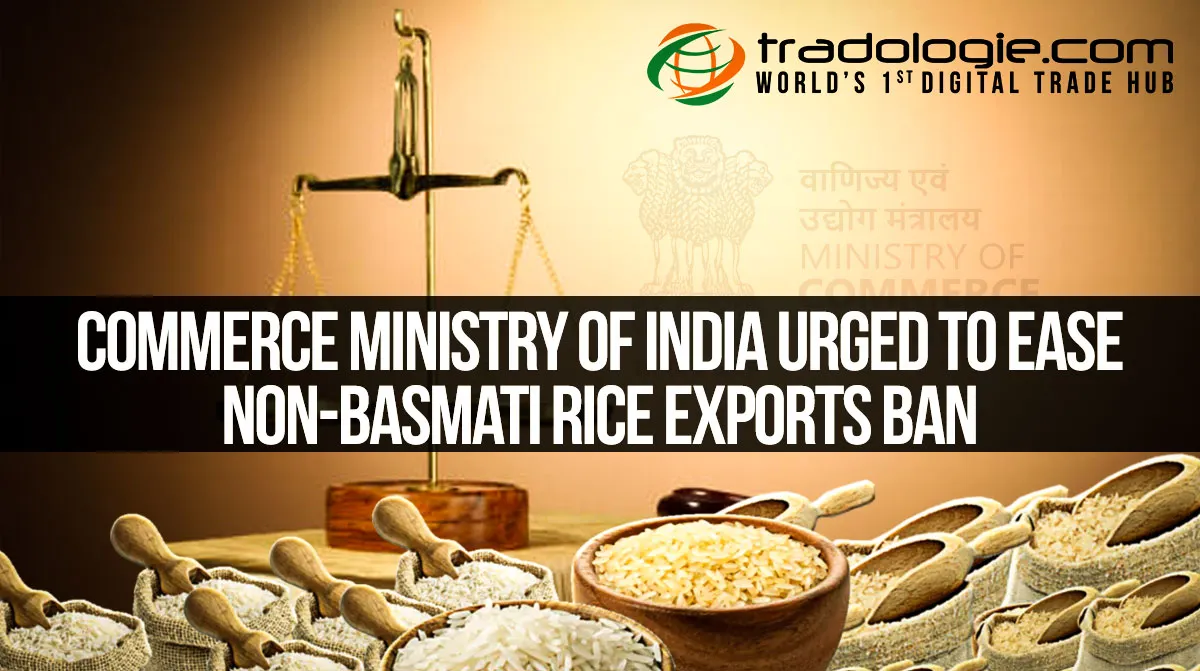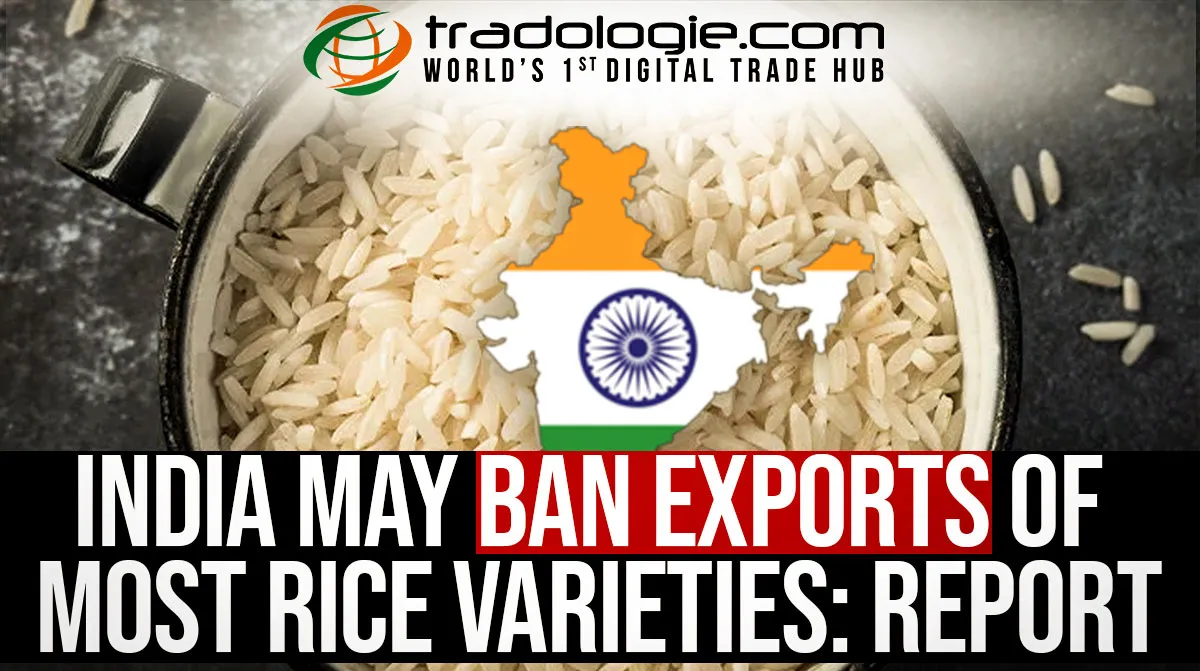India banned the export of non-basmati white rice on July 20 in an effort to control the rising cost of the staple food grain on the domestic market after worries about paddy production were raised by the monsoon's delayed arrival and insufficient rains up until mid-June.
Scenario In India Post Rice Export Policy Change
In response to the ban on the export of non-basmati white rice, rice exporters have approached the commerce ministry, claiming that many of them have letters of credit from foreign buyers and that if they do not fulfill the contracts, they risk being subject to international arbitration.
India's reputation on the international markets could suffer if export commitments are not kept, they claimed.
International arbitration clauses are frequently incorporated into business contracts. As a result, they must choose arbitration over traditional court litigation if a dispute arises.
Impact Of India’s Decision On Global Rice Markets
India is the industry’s leading exporter of non-basmati rice with a 45% market share worldwide. It exported 14.24 million tonnes of non-basmati rice in the fiscal year 2023. While India's ban on the export of non-basmati white rice has already begun to have an effect on international markets, the crisis will worsen as a result of the UAE's decision last Friday to temporarily ban the export and re-export of rice from the country for a period of four months.
According to BV Krishna Rao, president of the Rice Exporters Association, Sona Masoori non-basmati rice is popular in African countries as well as among the Indian diaspora in the US and Europe, and the government should look into the issue.
“We have written to the commerce ministry regarding this and have also let them know that any additional bans could harm India's reputation in the international markets and that it would take a lot of time to rebuild the markets we have already gained a foothold in. We have pleaded with the government to set up a temporary plan for the exporters to deliver the rice to these locations,” Rao said.
The Indian diaspora in the US, UK, and Africa is bombarding rice exporters with requests for Indian Sona Masoori non-basmati rice, the cost of which has doubled since India imposed the restrictions.
According to Rao and media reports, the price of 20 pounds (9 kg) of rice in the US has increased from $16 to $49 (Rs 4,030).
If you are a rice importer wishing to buy rice in bulk or a rice exporter willing to export bulk rice, then Tradologie.com is the right platform for you.
Tradologie is a transaction oriented platform that facilitates bulk agro-commodities trade completely from enquiry-to-delivery in a digital manner.
The best quality and inspected commodities can be procured at prices which can be directly negotiated with the sellers, thereby giving more margins for both sellers and buyers along with the end consumers, reducing the overall cost of trade.
This platform hence grants sellers better access to new global buyers, increasing their overall business orders and profits, as there are no middlemen involved in the trade here.
To register as a buyer, click here. To register as a seller, click here.
To stay updated with the latest happenings in the agro-trade industry, follow Tradologie.com across all social media channels.





